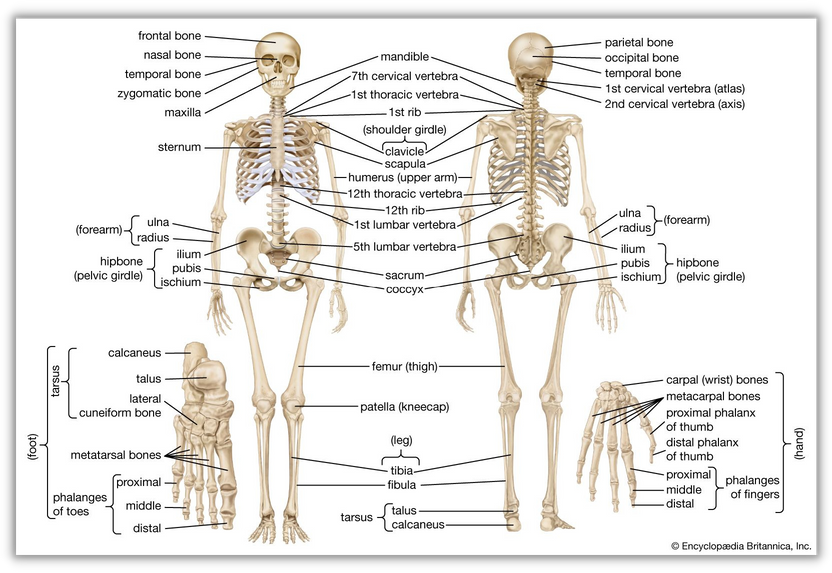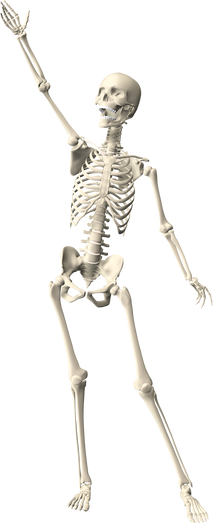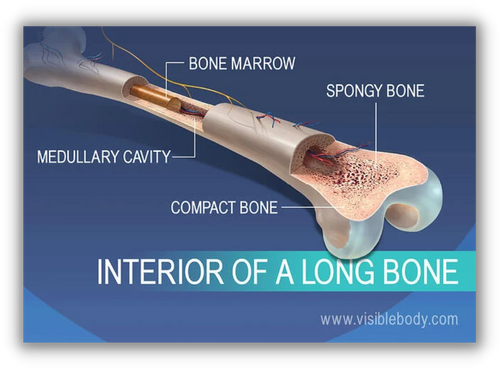
WATCH ME!!

DID YOU KNOW?
- Human adult contains 206 bones. And the smallest bone in the human's body can be found in the ears, which is called the staped.
- Humans used to have tails. But through evolution we lose them. At the end of our vertebrate we have what we called coccyx. The coccyx used to extend longer but not anymore.
INTERIOR OF A BONE

THE skeletal system
Humans are vertebrates, as animals. This means that we have a vertebral column or backbone. Skeletal system is the body's central framework. It consists of bones and connective tissue, including cartilage, tendons, and ligaments. Skeletal system actually accumulates 20 percent of human weight. Give us our human shape and features, it supports our body against the pull of gravity.
Aside from the given functions there are many things that the skeletal system provides to humans.
- Allows movement
Skeletons support our body weight, helping us to stand and move. Joints, tissues and muscles work together for us to accomplish movement. Muscles keep the bone in place and assist movement by pulling on the bones. Different bones are connected by joints which are connected to other bones and muscle fibers via connective tissues such as tendons and ligaments.
- Produces blood cells
Bones contain bone marrow. There are two types of marrow, called red and yellow. Humans have red marrow at birth, giving us the function to produce more blood cells. And as humans mature, the red marrow is replaced by yellow marrow. In adults red and yellow marrow is about equal. Red and white blood cells are produced in the bone marrow. It produces about 95% of the body's blood cells.
- Stores minerals
Bones hold our body’s supply of minerals like calcium and vitamin D. The bone stores 99% of the body's calcium and 85% of the phosphorus. It is very important to keep the blood level of calcium within a narrow range.
- Protects and supports organs
Our skeletal system forms a bony covering around the vital organs and protects them, providing structural support and preventing any physical injury. Our skull shields your brain, your ribs protect your heart and lungs, and your backbone protects your spine.

PHINMA UNIVERSITY OF PANGASINAN
| COLLEGE OF SOCIAL SCIENCES | COLEGE OF EDUCATION AND LIBERAL ARTS
JERIC TIBUNSAY | JASMIN BAUTISTA